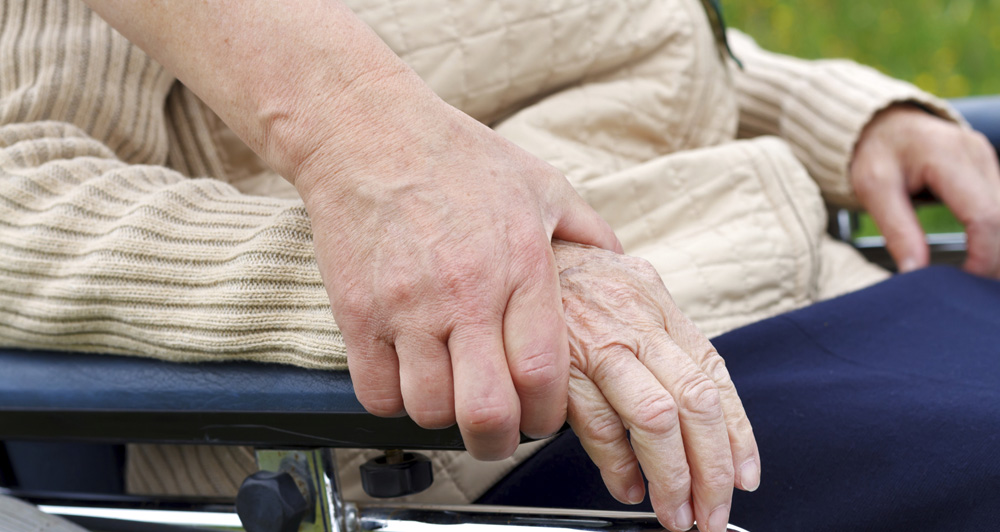The federal government is to commit $54.5 million over four years towards dementia support services for the establishment of a number of new Severe Behaviour Response Teams (SBRT).
In a statement, assistant minister for social services Mitch Fifield explained that the mobile teams would be made up of a workforce of clinical experts tasked with providing timely and expert advice to residential aged-care providers. Under the model, providers would request the teams’ assistance with addressing the needs of people who have the most severe behavioural and psychological symptoms of dementia.
“These teams of aged-care experts will visit residents exhibiting extreme behaviours, assess the cause and advise care staff on how to best care for the resident,” Fifield said. “The first phase of the SBRTs is expected to commence nationally later this year, following a competitive tender process.
“The SBRTs will work closely with the existing Dementia Behaviour Management Advisory Services [DBMAS] in each state and territory.”
Fifield added that a second phase of the initiative would integrate the two programs from 2016–17. A government-led analysis of existing federally funded dementia programs is also set to take place in the coming months.
Aged-care stakeholders have tentatively welcomed the initiative. Leading Age Services Australia (LASA) chief executive Patrick Reid said he hoped the teams would help reduce ad hoc problem solving approaches that do “not necessarily impart knowledge and skill”.
Reid warned, however, that there remained “a risk that the specialist response teams will simply be a quick fix with no enduring increase in skill levels for those dealing with severe behaviours”.
Meanwhile, HammondCare chief executive Dr Stephen Judd said the funding – set to replace the dementia supplement the former Labor government introduced – were a good starting point.
He said the supplement, which ceased in July last year, had led to cost blowouts as a result of inappropriate claims.
“If the level of claiming under the previous supplement was correct, then Australians had the highest incidence of severe and challenging behaviours in the world,” Judd said. “The experience of DBMAS in some states is that more than half so-called ‘severe and challenging behaviours’ are related not to the underlying dementia, but to unrecognised pain the person with dementia is unable to communicate.”
Judd also welcomed the review of Commonwealth-supported dementia programs, saying greater education was needed for nurses and carers on identifying and treating pain in people with dementia.
“A longer-term [government] response also needs to include the introduction more broadly of special-care units for people with severe behavioural and psychological symptoms of dementia,” he said.
Listen below for responses to the announcement from Alzheimer's Australia chief executive Carol Bennett and Aged and Community Services Australia (ACSA) chief executive John Kelly.
Do you have an idea for a story?Email [email protected]
 Aged Care Insite Australia's number one aged care news source
Aged Care Insite Australia's number one aged care news source

